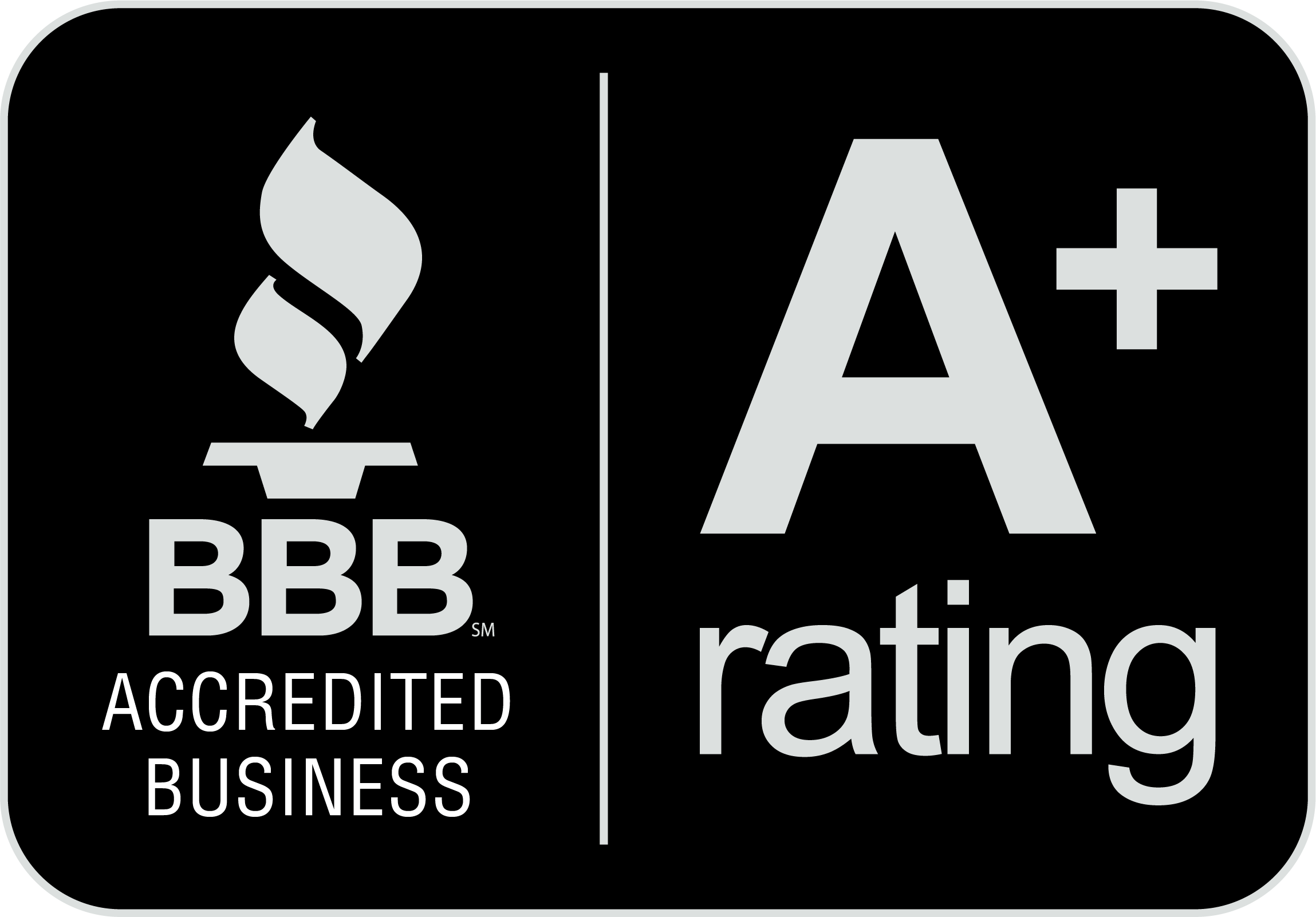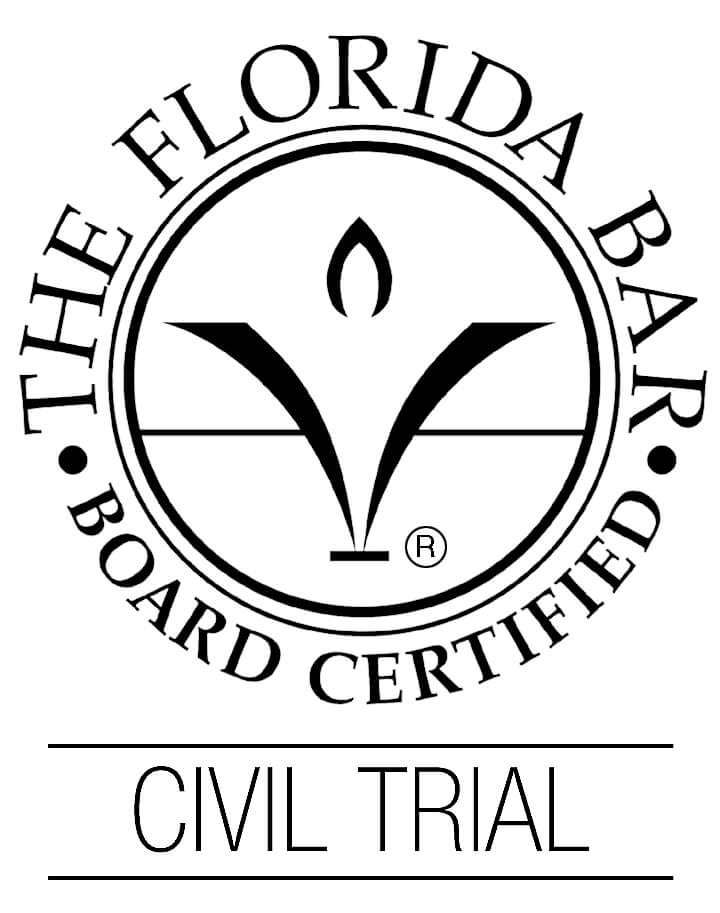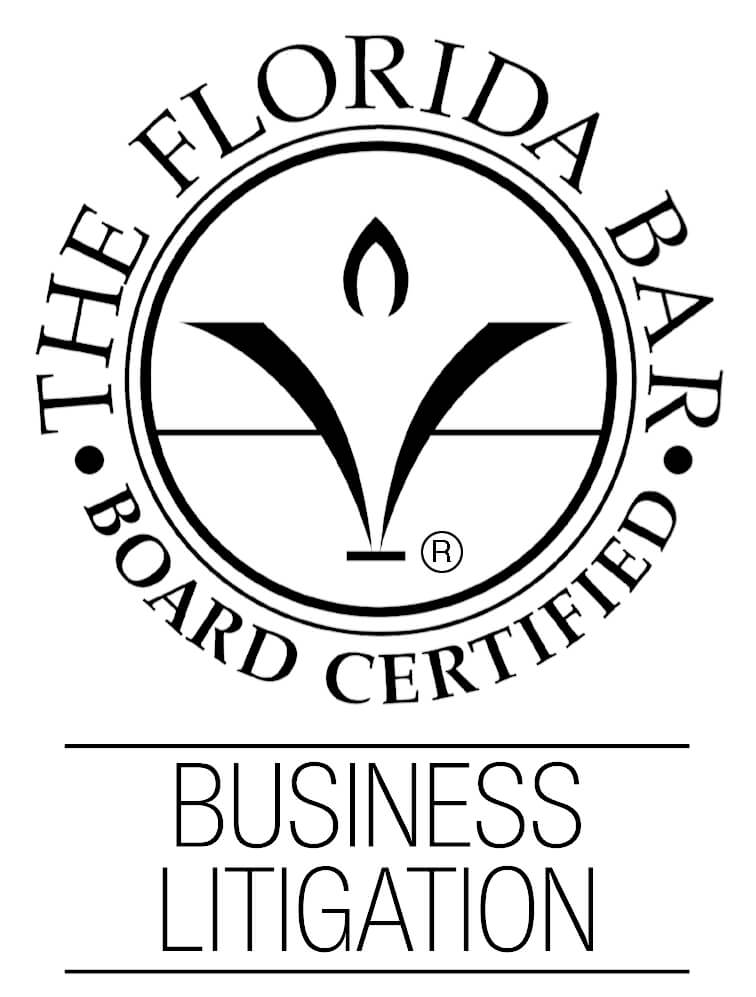Drowning Injuries
Florida Drowning Injury and Wrongful Death Lawyers
Our state is filled with sparkling swimming pools and dazzling beaches. Each one of them presents a risk of drownings, near drownings, and other accidents.
A drowning or near-drowning takes only seconds, yet its impact can last a lifetime. Florida’s year-round swimming weather, thousands of residential and public pools, and the nation’s busiest boating waters all increase risk. When a property owner, facility, caregiver, or manufacturer fails to put safety first, tragedy follows. You deserve answers, accountability, and the resources to rebuild. Our team moves quickly to preserve evidence, work with leading experts, and protect your rights from day one.
Common causes of drowning accidents
Drowning incidents in Florida most often trace back to preventable hazards:
Lack of supervision: inattentive lifeguards, distracted adults at pool gatherings, or inadequate staffing ratios at daycares and schools.
Defective or missing safety equipment: broken self-latching gates, noncompliant pool barriers, or unsafe drains and entrapment hazards.
Slippery or poorly designed pool areas: unmarked depth changes, inadequate lighting, missing rescue gear, or failure to maintain water clarity.
Drowning risks by age group in Florida
Young children: Drowning is the leading cause of accidental death for children ages 1 to 4, and Florida consistently ranks among the highest states for child drowning rates.
Older adults: Adults 65 and older have the second-highest drowning rates nationally. Mobility limits, medical conditions, and reduced swim confidence contribute to risk.
Visitors and tourists: Unfamiliar settings raise risk. Visiting friends and relatives, vacation rentals, and hotels often lack familiar safety routines.
Pool safety regulations and liability
Florida law imposes specific duties on pool owners and operators. New residential pools must include at least one safety feature such as a compliant barrier, self-latching door alarms, or a safety cover. Public and commercial pools must comply with permitting, sanitation, equipment, posting rules, and supervision requirements. Anti-entrapment measures are mandatory at public pools and spas.
Liability follows these rules. Homeowners can face claims when barriers or alarms are missing or defective. Hotels, apartment complexes, HOAs, and waterparks can be liable for code violations, unreasonably dangerous conditions, or inadequate supervision under Florida premises liability law.
Boating and watercraft-related drownings
Florida leads the nation in recreational boating. With more boats come more risks. Falls overboard, collisions, swamping, and capsizing are common pathways to drowning. Claims can involve negligent operation, alcohol or drug impairment, lack of life jackets, or product defects in boats or safety equipment. Operator inattention and inexperience remain top contributors in fatal events.
Types of injuries in near-drowning incidents
Nonfatal drowning can cause hypoxic-ischemic brain injury, leading to cognitive and motor impairments, memory loss, behavior changes, and long-term disability. Other complications include respiratory damage, pneumonia, and cardiac problems, especially after prolonged oxygen deprivation. These medical realities must be documented for lifetime care planning and damages.
Legal responsibility of property owners and supervisors
Multiple parties can be responsible, depending on where and how the incident occurred:
Private homeowners and landlords: Must keep premises reasonably safe and comply with barrier requirements for new residential pools. Failures with barriers, alarms, or gates can support liability—especially when children gain access.
Hotels, resorts, HOAs, and public pool operators: Must follow Florida pool standards and provide adequate supervision and rescue equipment. Where lifeguards are present, certification and attentive monitoring are required.
Daycares, schools, and camps: Owe heightened duties to supervise children around water and to secure any on-site pools or water features; lapses in supervision or faulty gates often underpin negligence claims.
Boat operators and rental companies: Can be liable for negligent operation, failure to supply safety gear, inadequate safety briefings, or allowing impaired operation.
Product manufacturers and installers: May face strict liability for defective gates, covers, alarms, drain systems, or boat components that contribute to submersion or entrapment.
Florida’s civil rules also matter. Most negligence lawsuits must be filed within two years, and modified comparative negligence bars recovery if a plaintiff is more than 50 percent at fault.
Compensation for drowning and near-drowning victims
Recoverable damages can include emergency and hospital care, rehabilitation, life-care planning for brain injury, lost income and earning capacity, home or vehicle modifications, and pain and suffering. Families may also pursue punitive damages where the conduct was reckless or intentional. In fatal cases, the Florida Wrongful Death Act controls what survivors and the estate can recover.
Wrongful death in drowning cases
When a life is lost, Florida’s Wrongful Death Act allows the decedent’s personal representative to sue on behalf of survivors and the estate. Survivors can seek loss of support and services, mental pain and suffering, and loss of companionship or parental guidance; the estate may recover lost earnings and certain expenses. The general filing deadline is two years. Claims against public entities may be limited by sovereign-immunity caps unless a claims bill authorizes more.
Role of expert witnesses in drowning cases
These cases are expert-driven. We retain aquatics and pool-code experts, human-factors specialists, lifeguarding standards experts, accident reconstructionists, marine safety experts, and physicians to establish duty, breach, causation, and long-term damages. Their analysis translates complex facts into clear, persuasive proof.
Preventing drowning injuries
Simple layers of protection save lives:
Always swim in lifeguarded areas when available.
Designate a water watcher and avoid distractions.
Four-sided fencing and self-latching gates for home pools.
Use Coast Guard–approved life jackets for children, inexperienced swimmers, and all boaters.
Learn swimming and water safety skills and keep rescue equipment accessible.
What to do right away after a drowning or near-drowning
Call 911 and begin rescue breathing if trained.
Get emergency medical care and follow all treatment instructions.
Photograph the scene, barriers, gates, alarms, signage, and any defective products.
Collect witness names and contact details.
Report the incident to the property owner or manager and to law enforcement or FWC for boating accidents.
Avoid recorded statements and quick settlements.
Contact a drowning-injury lawyer promptly to protect deadlines and secure experts.
Frequently asked questions
What should I do immediately after a drowning or near-drowning accident?
Call 911, provide rescue breathing if trained, and seek emergency care. Preserve the scene with photos, retain any equipment, get witness contacts, and speak with an attorney promptly.
Who can be held liable for a drowning accident in a private pool?
Homeowners or landlords may be liable if they failed to keep the premises reasonably safe or to comply with barrier requirements for new residential pools.
Are property owners responsible for maintaining safe swimming conditions?
Yes. Hotels, HOAs, apartments, and public pool operators must follow Florida’s pool code and operational rules. Where lifeguards are provided, they must be certified and attentive.
What are the long-term effects of a near-drowning incident?
Near-drowning can cause hypoxic brain injury leading to cognitive and motor deficits, behavior changes, chronic respiratory issues, and long-term disability.
Can I sue a hotel or water park for a drowning accident on their property?
Yes, if unsafe conditions, code violations, or inadequate supervision contributed to the incident.
What damages can be claimed in a drowning or near-drowning lawsuit?
Medical care, rehabilitation, future life-care costs, lost income, pain and suffering, and, in fatal cases, wrongful-death damages are available to survivors and the estate.
How do Florida laws regulate pool safety for residential and commercial properties?
New residential pools must include a barrier or other safety feature. Public pools must meet state standards and anti-entrapment requirements.
What role does inadequate supervision play in drowning liability cases?
It is a leading theory of negligence against lifeguards, daycares, schools, and hosts when vigilance lapses and rescue is delayed.
How can I prove negligence in a drowning accident caused by defective equipment?
Evidence includes code-compliance failures, expert inspections, maintenance records, and product testing that show a design, manufacturing, or installation defect.
Are lifeguards or chaperones legally responsible for drowning accidents?
They can be, if inattentive or improperly trained. Facilities that provide lifeguards must ensure proper certification and attentive monitoring.
Why choose The Nation Law Firm
You did not cause this. You deserve answers and a team that will stand with you. We act fast to secure surveillance footage, inspect barriers and drains, interview witnesses, and work with pool-code, aquatics, marine, and medical experts. Our priority is full and fair compensation so your family can focus on healing. You trusted us. We are honored to fight for you.
Free case evaluation
Do not navigate this alone. Request your free case review today. No upfront fees. We only get paid if we win.






.svg)
